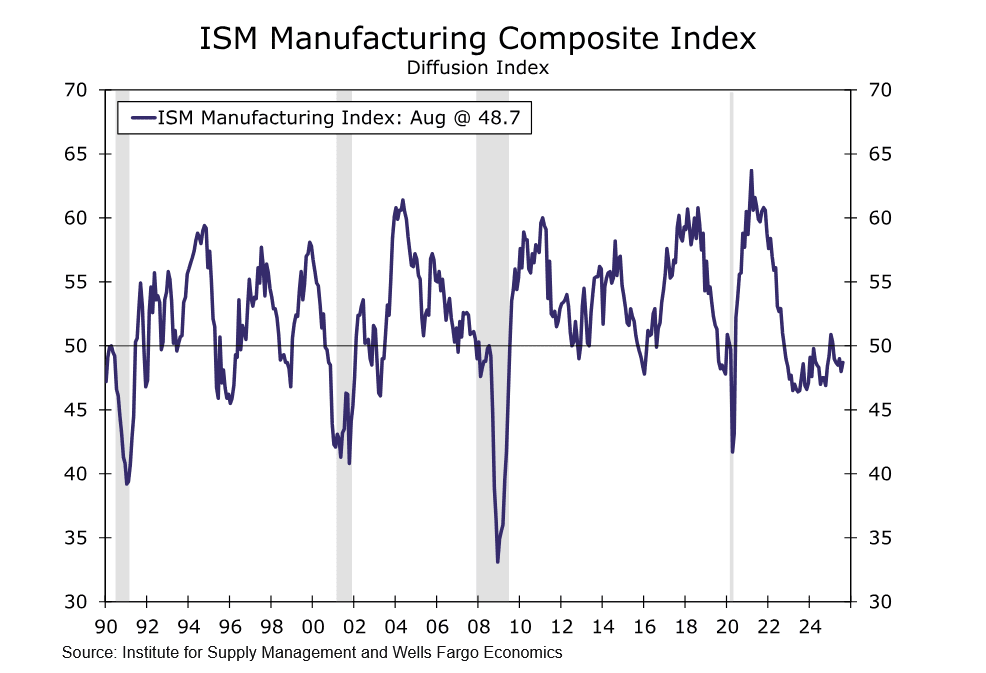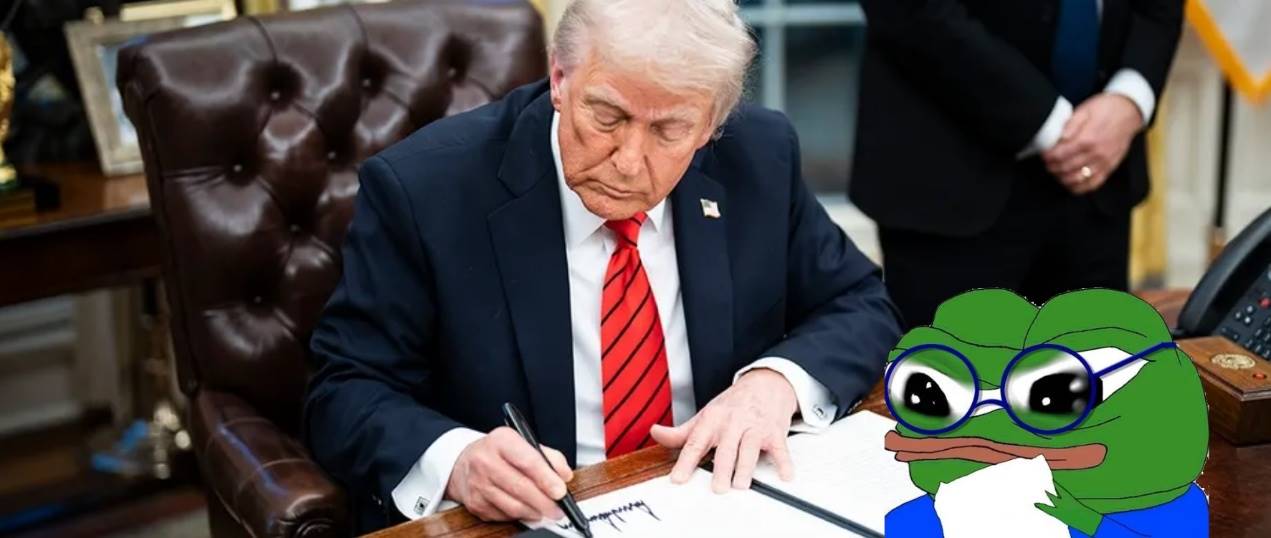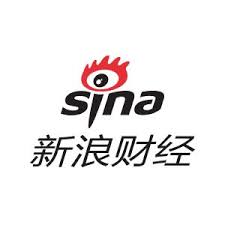Texas Instruments: Signs of Slowdown After Tariff-Driven Surge in Demand
U.S. chip manufacturer Texas Instruments said on Thursday that after a surge in demand in April due to customers “stocking up in advance to prepare for President Trump’s so-called ‘Liberation Day’ tariffs,” demand has now cooled. As a result of this news, the company’s stock price fell by more than 4%.
Texas Instruments CFO Rafael Lizardi stated at the Citi Global Technology, Media & Telecommunications (TMT) Conference that demand was strong from January to April this year, partly due to market dynamics triggered by tariffs—some customers placed orders in advance to avoid the tariffs announced by the Trump administration on April 2.
“But after April, things did slow down, at least there was no growth according to the normal trend.”
Lizardi also pointed out that as a condition for obtaining subsidies under the CHIPS Act, the U.S. government has not approached Texas Instruments regarding “holding company equity,” nor have the two sides discussed this issue.
Recently, the U.S. government decided to hold a 9.9% stake in Intel, and Trump previously stated plans to promote similar deals. This move has sparked widespread questions about the equity structure of U.S. companies.
“There have not been any such (equity-related) discussions or proposals, and the government has not approached us regarding these matters,” Lizardi said. He added that the relevant agreement between Texas Instruments and the government was initially signed during the previous administration, and after “revisions” together with the Trump administration over the past six months, only some minor and favorable adjustments have been made.
“The government did want to modify some small details, but there was absolutely nothing involving the equity-related content you hear from companies like Intel,” he said.
The U.S. Department of Commerce has made it clear that under the U.S. CHIPS Act, Texas Instruments will receive up to $1.6 billion in funding support.
Lizardi also mentioned that in recent years, high capital expenditure (capex) has put pressure on the company’s free cash flow. Although stock buybacks are still ongoing, the pace has slowed as capital expenditure is prioritized.
In July this year, Texas Instruments’ quarterly profit forecast failed to impress investors because the company mentioned that demand for its analog chips from some customers was lower than expected.
Disclaimer: The content of this article solely reflects the author's opinion and does not represent the platform in any capacity. This article is not intended to serve as a reference for making investment decisions.
You may also like
Bitcoin Price Warning: Why a 50% Crash May Be Unstoppable?
Bitcoin may not be ready for what’s coming next. Charts indicate that Bitcoin could face a nearly 50% plunge, much closer than most people expect.

Betting on XRP’s 2017-style gains could be extremely risky in 2025
Trump Opens 401(k) Investments to Crypto: What Are the Implications?
Crypto assets are being considered for inclusion in the most important wealth management systems in the United States.

Asia Bitcoin Summit: Eric Trump on Crypto and Freedom
